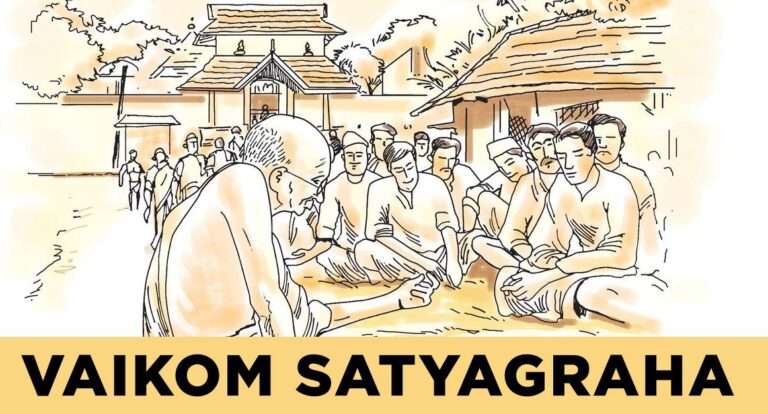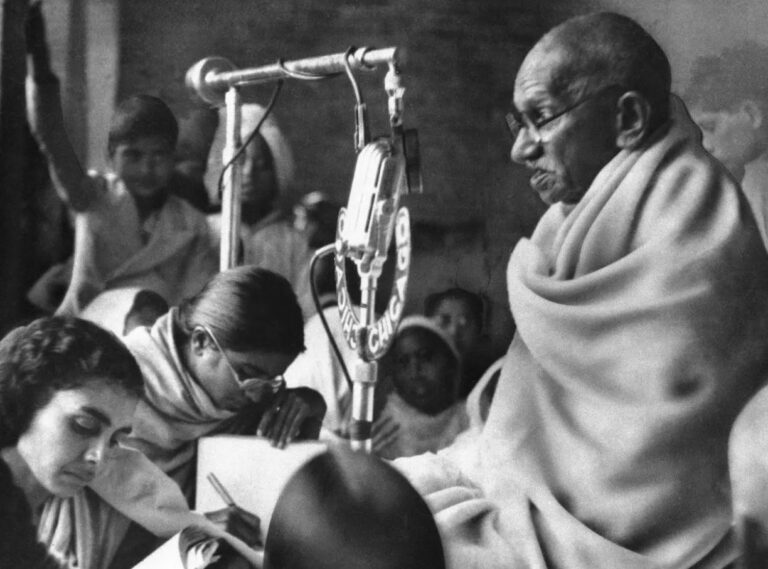Vasant-Rajab Exemplary of Communal Harmony in Gujarat
Ganesh Shankar Vidyarthi is known for his supreme sacrifice in trying to stop communal violence in Kanpur in 1931. Another lesser known duo from Ahmedabad, who displayed similar idealism and laid down their lives on 1 July, 1946, were Vasant Rao Hegiste and Rajab Ali Lakhani.









